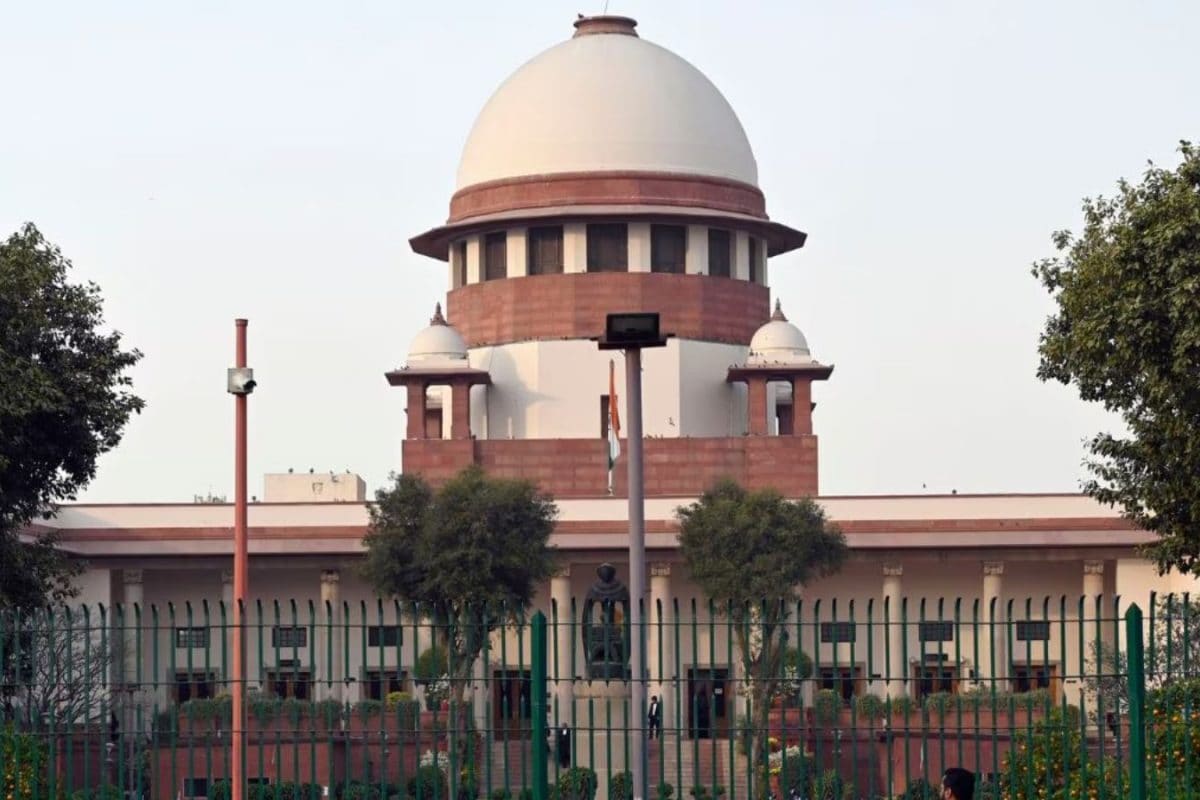

The Supreme Court of India has delivered a crucial verdict concerning the release of convicts who have served fixed terms of imprisonment, clarifying the legal position on life imprisonment and its implications. The apex court stated that convicts sentenced to a fixed period must be released after completing their prescribed prison term.
In a recent case, the Supreme Court ordered the release of Sukhdev Pehalwan, who was convicted in the 2002 Nitish Katara murder case, because he had completed his 20-year sentence. The court emphasized that "remission" is not required for convicts serving life sentences.
Furthermore, the Supreme Court has also addressed the approach appellate courts should adopt when dealing with pleas for suspension of sentence in cases involving fixed-term imprisonment. The court has stated that appellate courts must consider these pleas liberally, unless there are exceptional circumstances. This ruling came about when the Supreme Court set aside an order by the Allahabad High Court that had rejected such a plea. The Supreme Court observed that not applying this principle makes the statutory right of appeal pointless.
The Supreme Court has also expressed its concern regarding cases where convicts complete their jail term while their appeals are still pending. The court has stated that it would be a travesty of justice if this were to occur and has suggested that bail should be granted to convicts in cases where the sentence is of a limited duration, as opposed to life imprisonment. If bail is not granted, the court has asserted that the appeal must be decided quickly.
The Supreme Court highlighted the importance of appellate courts being mindful of the fact that if an appeal is not likely to be heard in the near future, allowing the sentence to run without suspension would defeat the purpose of the appeal process. The court cautioned that failure to weigh this dimension would amount to a "travesty of justice".
These observations align with previous rulings, such as the one in Bhagwan Rama Shinde Gosai v. State of Gujarat, which held that when a convict is sentenced to a fixed term and files a statutory appeal, suspension of sentence should be considered liberally. The Supreme Court has also referenced Omprakash Sahni v. Jai Shankar Chaudhary, reiterating that while the test may differ in cases involving life imprisonment or statutory bars, courts must adopt a pragmatic approach in fixed-term cases, especially when appeals are unlikely to be decided expeditiously.